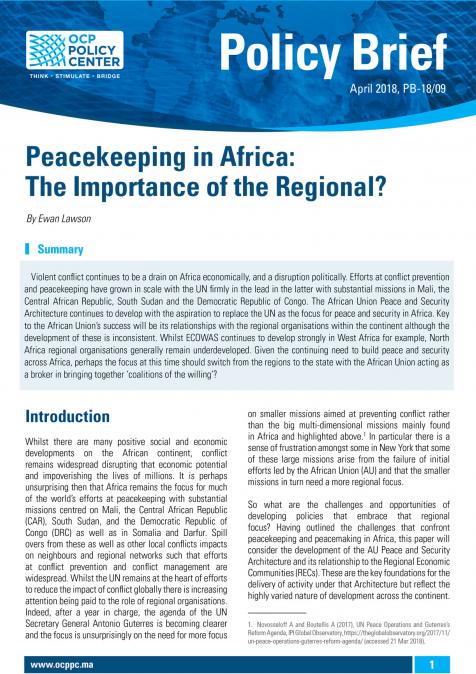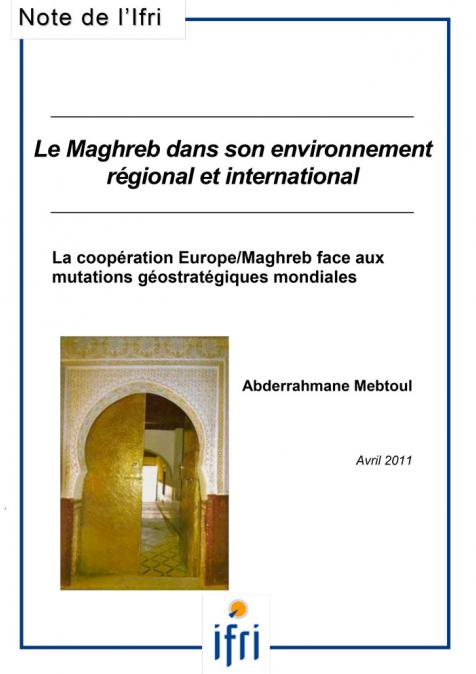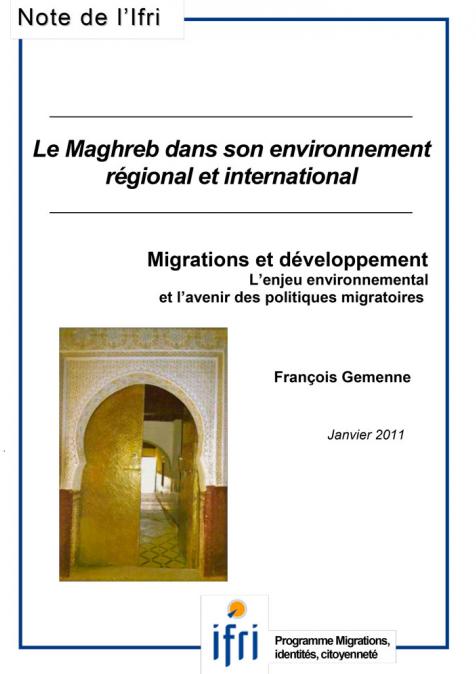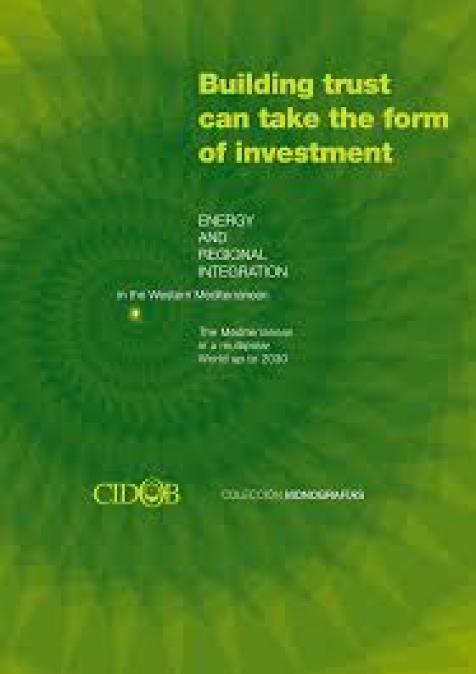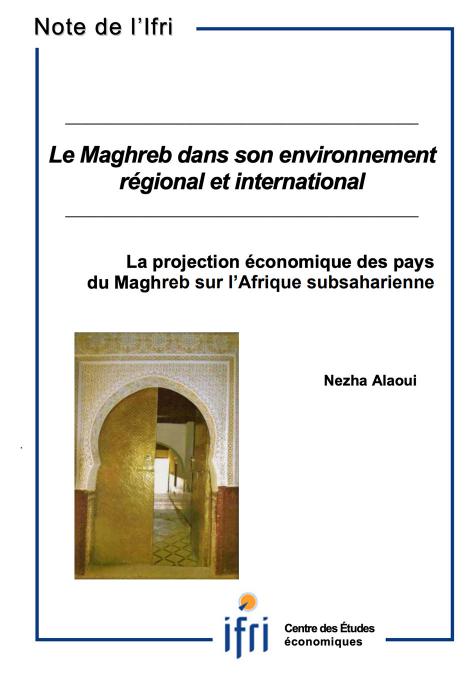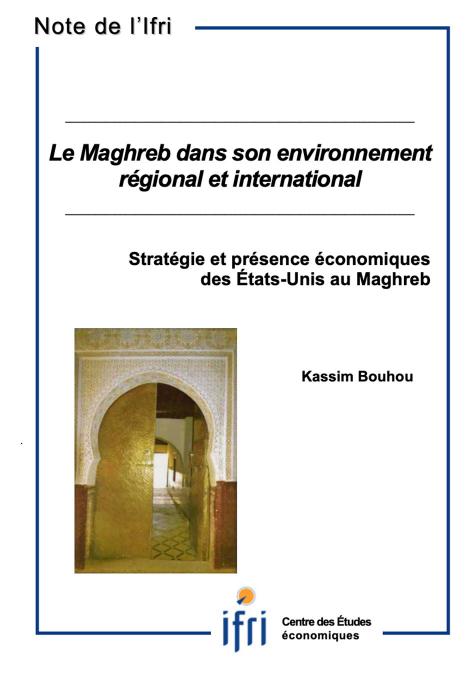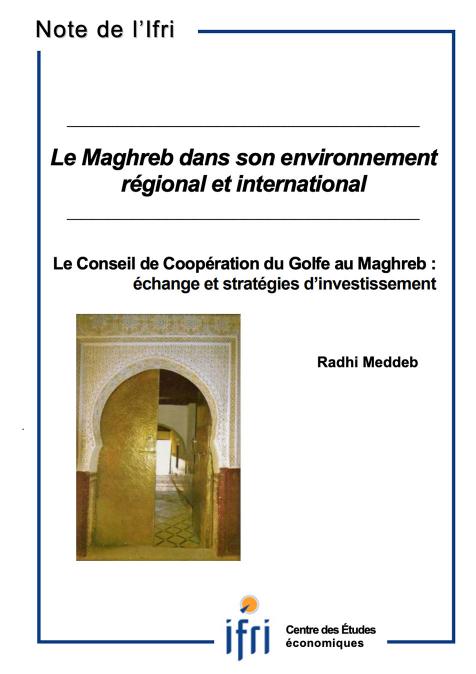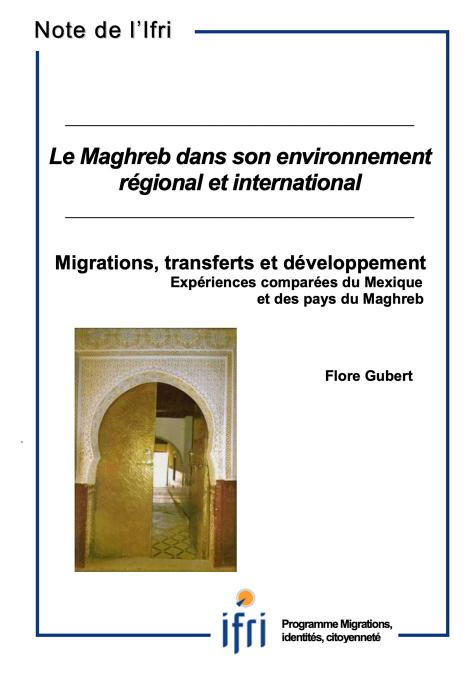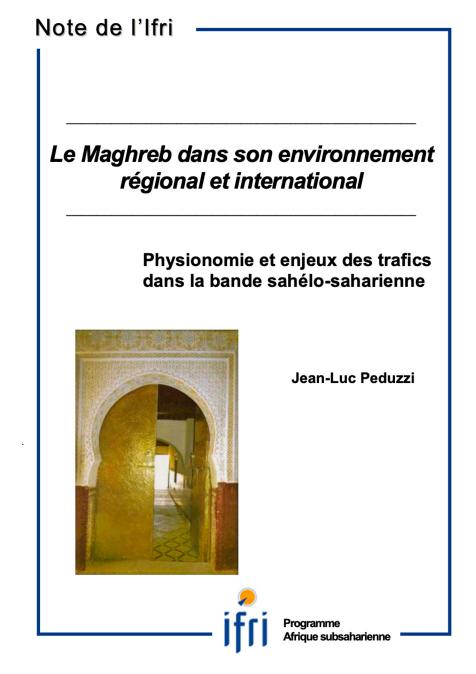Publications /
Policy Brief
Violent conflict continues to be a drain on Africa economically, and a disruption politically. Efforts at conflict prevention and peacekeeping have grown in scale with the UN firmly in the lead in the latter with substantial missions in Mali, the Central African Republic, South Sudan and the Democratic Republic of Congo. The African Union Peace and Security Architecture continues to develop with the aspiration to replace the UN as the focus for peace and security in Africa. Key to the African Union’s success will be its relationships with the regional organisations within the continent although the development of these is inconsistent. Whilst ECOWAS continues to develop strongly in West Africa for example, North Africa regional organisations generally remain underdeveloped. Given the continuing need to build peace and security across Africa, perhaps the focus at this time should switch from the regions to the state with the African Union acting as a broker in bringing together ‘coalitions of the willing’?

